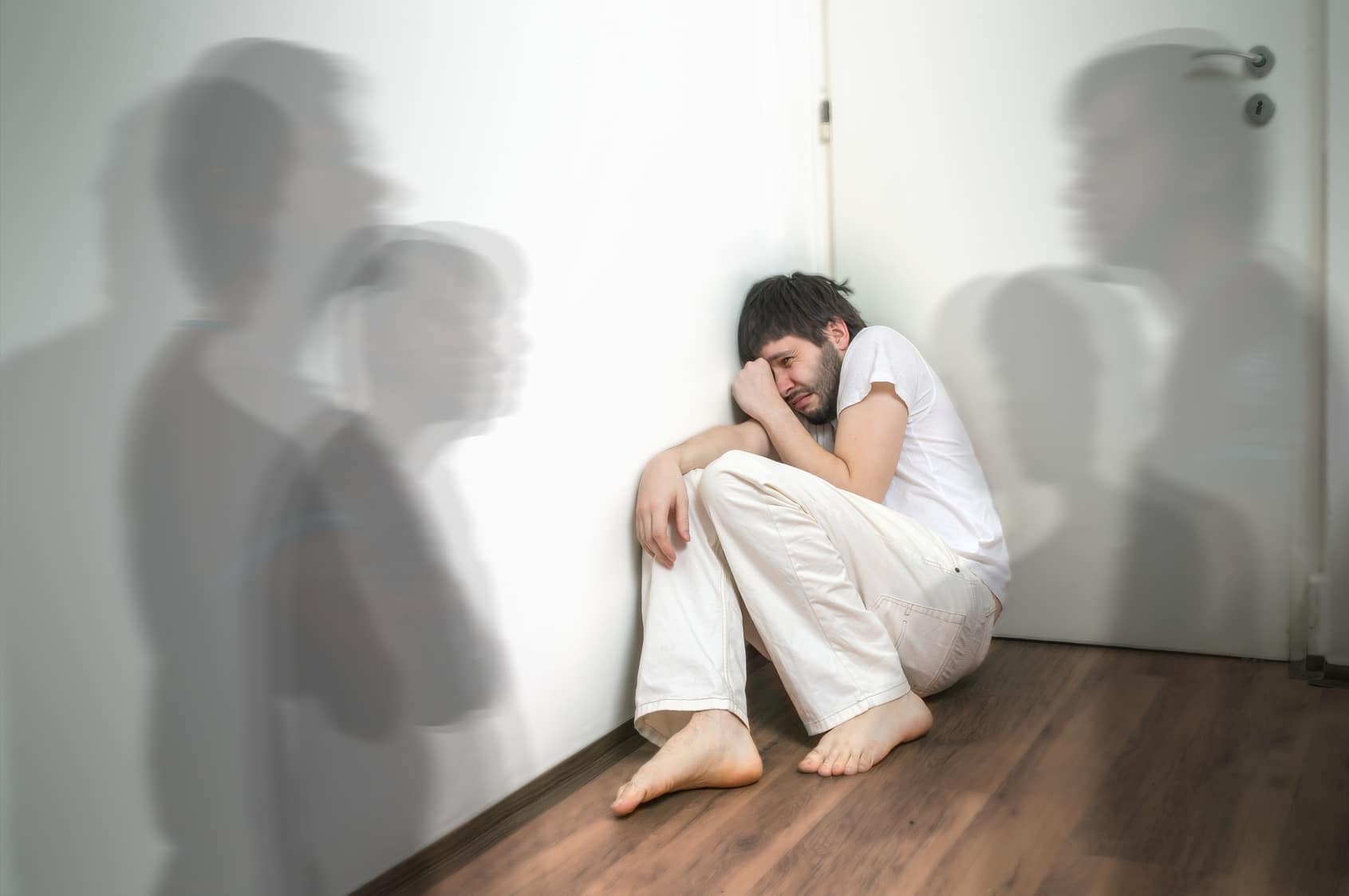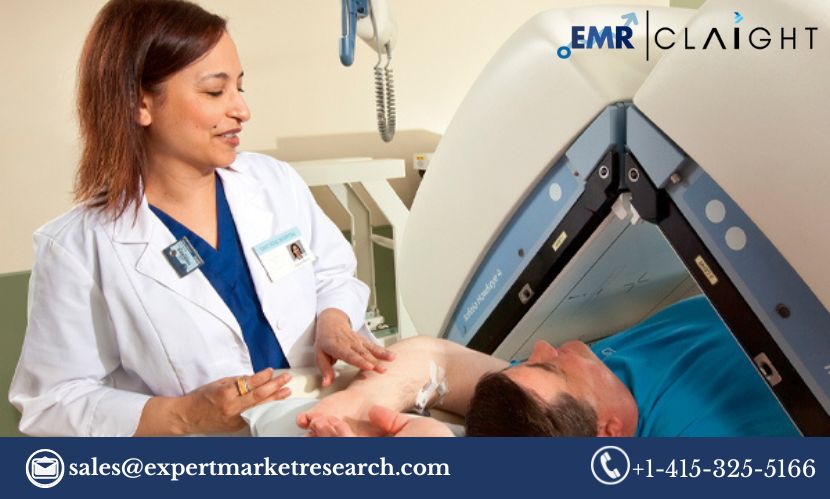The term schizophrenia is widely used in the modern medical field. In fact, schizophrenia symptoms have emerged as a hot topic of debate and study among the medical fraternity. However, among the general public, there is an alarming rate of unawareness regarding this disorder. Most of this unawareness can be attributed to the lack of education in this regard among the common population.
However, the bygone pandemic period brought this topic into public consideration. As people were confined within the bounds of their homes and even rooms, various psychological and emotional problems started affecting them. However, not all of these were cases of schizophrenia. Therefore, it has become the need of the hour for people to know about this disorder in detail so that they can battle it out when the need arises.
It Is Not What We Think It To Be
When we hear “schizophrenia,” we might think of someone who looks messy, acts strangely, or talks about strange things. Movies often show people with schizophrenia as either brilliant but odd or dangerous and needing to be in a mental hospital. Around the world, the stereotype is often of someone dangerous and out of control. But doctors say these portrayals are wrong. However, even after repeated reminders, people tend to misinterpret the symptoms and consider the patient to be a lunatic.
Then What Is It?
Doctors often say schizophrenia is a type of psychosis where a person might struggle to tell what’s real and what’s not. Symptoms can include hearing or seeing things that aren’t there, believing things that aren’t true, having confusing thoughts or speech, losing interest in daily life, neglecting personal hygiene, avoiding others, and feeling emotionally detached. Interestingly, contrary to popular belief, schizophrenia does not mean having multiple personalities, and it usually does not make someone violent.
Stages Of Schizophrenia
Most people who deal with people undergoing schizophrenia treatment at home tend to think that it is one singular process. However, it is not so. Here, you must know that Schizophrenia is a mental disorder that comes in different phases. First is the start-up phase, called the prodromal. It is the phase when symptoms begin to pop their heads. Then comes the active phase, where symptoms are strongest. Finally, there is the residual phase, where you’re getting better but still have some symptoms.
First Phases
As we already know, schizophrenia tends to come in episodes, going through all three stages in order. These cycles are hard to stop without a doctor’s help. In the first phase, called prodromal, you might start acting strangely. You might want to be alone a lot and only talk about certain topics. This phase can last from weeks to years. Some people never move past this stage, but most do. The next phase, the active phase, can be the most worrying for friends and family. It brings symptoms like delusions, hallucinations, and confused thoughts and speech. Sometimes, this phase happens suddenly and without warning.
The Residual Phase
This phase is the one that comes after the treatments successfully set in. It is also sometimes called the “recovery” phase. It is a bit like the prodromal phase. The strong symptoms, like hallucinations, begin to drop. However, you might still have some unusual beliefs. You might also withdraw and speak less. You could find it hard to focus or keep your thoughts organized. You might feel sad as you realize what is happening during the episode.
How To Take Care Of Such Patients?
We agree on the point that taking care of a loved one with schizophrenia can be tough. This is due to the fact that witnessing their strange and unpredictable behaviour can be shocking and sad. So, if you think someone you care about has schizophrenia, watch for changes in their behaviour and share everything with the doctor. You must also communicate everything clearly to the doctor to help him understand the diagnosis better.
In fact, professionals say that how family members react is important for the person’s recovery. When families give love and support, the person often gets better faster. But if the family criticizes or blames the person, it can be harder for them to recover, and they might even get worse. Therefore, you must remember that the person may not realize he/she is sick. He/she might believe that the hallucinations and delusions are real. Pushing the patient to get help might make him/her feel more isolated and scared. Instead, talk to him/her, believe the experiences are real, and encourage the sufferer to decide about treatment.
Never forget to keep track of the symptoms and medicines, and talk to other family members about how to support each other. At the same time, schizophrenia can be hard on caregivers. So, you must make sure you are getting the support you need. Also, keep an eye out for signs of relapse so you can get help early. A relapse can make recovery harder and can affect the brain negatively.
Final Words
There is a lot of social stigma and misconception attached to this disorder. The most common and dangerous assumption is that it is similar to madness. Therefore, a caring approach is the need of the hour to deal with schizophrenia patients. You must remember that no one likes to be blamed and demotivated. So, be humane and deal with the situation after consulting with qualified doctors.



